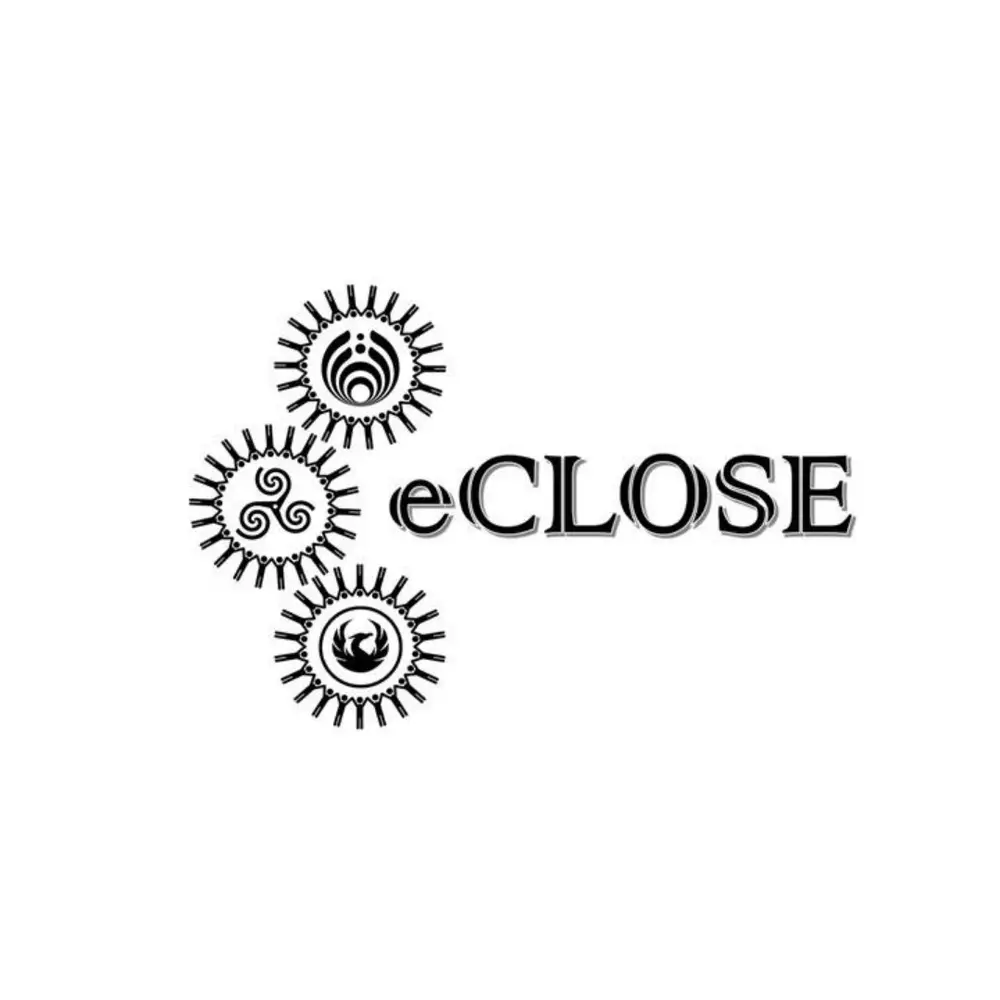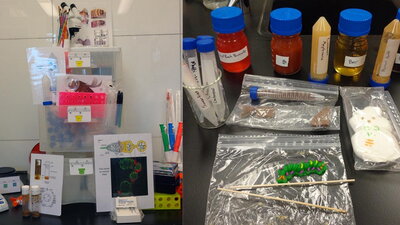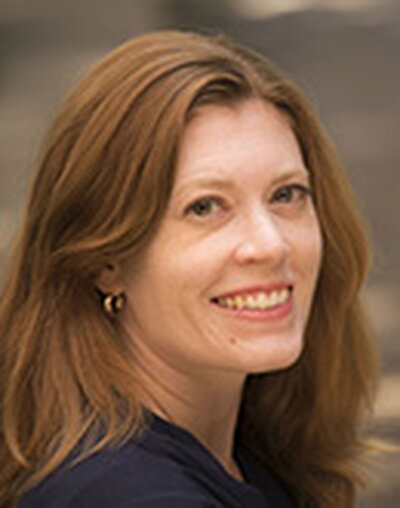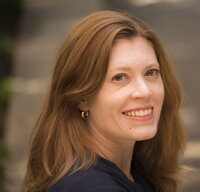
The School of Molecular & Cellular Biology this summer partnered with the eClose Institute to offer a new program for middle and high school students from historically excluded groups that introduces them to scientific research opportunities.
The institute uses a citizen-scientist model, which means data collected from their experiments will be used to generate large data sets for professional cancer research. This approach not only engages middle and high school students in culturally relevant research, but also supports real-world cancer research and moves science forward. The School of MCB sponsored several students from the Urbana and Champaign public school districts. Participants received at-home lab kits to conduct research in nutrition.
This year’s summer camp, called eCLOSE Camp@Home, was held virtually but organizers hope that next year MCB will be able to bring students to campus, allowing them to connect with their peers, meet university researchers, and spend time in working labs, said Rachel Smith-Bolton, a professor in the Department of Cell & Developmental Biology. She arranged MCB’s partnership with eClose Institute after hearing of its success in Philadelphia.

The eClose Institute was established in 2019 by Dara Ruiz-Whalen, a science educator, and Alana O’Reilly, a cancer researcher, to support and increase the number of students from underrepresented groups in the biological sciences. The name for the institute comes from the stage in which an insect emerges as an adult and from Ruiz-Whalen and O’Reilly’s goal to “empower the citizen lens on science through education.”
The institute supports students’ academic development by fostering a collaborative environment for experimentation. The student research projects come out of O’Reilly’s research program at the Fox Chase Cancer Center, which investigates nutrient impacts on stem cell lifespan and function. Ruiz-Whalen said many participants form strong connections that continue in college and beyond. In Philadelphia, 96 percent of past eClose participants pursued STEM degrees, and 100 percent of those students have finished their majors on time. Eight are in PhD programs, she said.
Smith-Bolton said she would love to replicate that success in Champaign-Urbana and increase the number of local students pursuing STEM majors, including molecular and cellular biology, at the University of Illinois.
During the 2021 virtual camp, participants gained professional research skills like collaboration, problem-solving, and experimentation, as well as laboratory practices such as pH measuring, pipetting, metric scaling, hypothesis generation, and data analysis.
Illinois students were deeply engaged in the program and excited to learn research methodology and apply their nutritional research to their own health, Smith-Bolton said. She attended the students’ final presentations.

“I was blown away. They presented background information on the food material of choice they were testing. They discussed the technology they used and provided glimpses into what they did – their methodology, data, how they tested their hypotheses, how they drew conclusions and what they would like to do next. They were testing fertility rates, development rates, lifespans — a lot of what we do in our labs. It was great,” she said.
Camp activities are organized by level, allowing students to return the following year and build on their lab skills and expand their knowledge into areas such as genetics and biochemistry.
The eClose Summer Institute not only prepares students for professional research, said Dara Ruiz-Whalen, but the experience also provides friendship and instills confidence and kickstarts their journey to pursue science.
